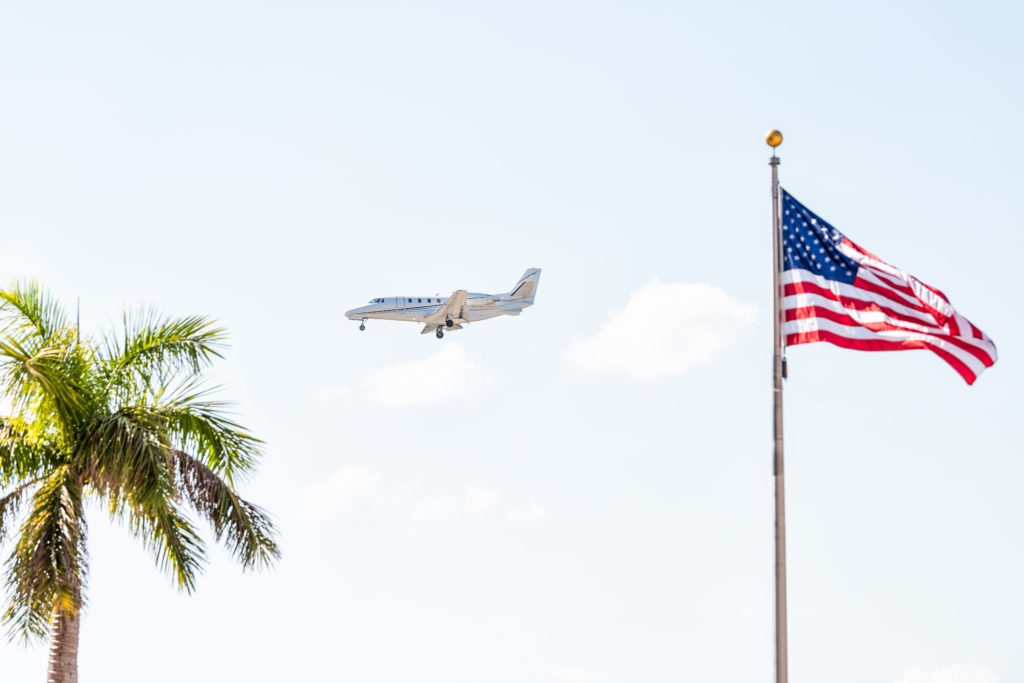Business aviation flight activity is seeing an accelerated recovery in the USA so far this year because of its larger domestic market and lighter Covid-19 travel restrictions than in Europe.
According to WINGX`s weekly Global Market Tracker for the first two months of this year, the USA has seen 445,000 business aviation flights, only 7% fewer compared to last year. The charter market has performed particularly well, with only 1% fewer departures compared to last year, and an increase of 4% in flight hours.
The US hub for business jet movements continues to be Florida, with 16% growth in activity this year, more than 20% growth in charter departures. California is the second busiest US State this year for business jet traffic, with travel restrictions frustrating recovery, flight sectors down 11%.
Colorado added 14% in flight activity in February. Arizona also continues to attract more business jet demand than ever, 5% up on last year. New Jersey looks to be the last State to recover, with flights still lagging 40%. In contrast, New York is flat, with strong growth back and forth with Florida.
Meanwhile in Europe, with international leisure trips all-but-illegal the slowdown persists, with the last week seeing a 34% dip in business jet activity compared to last year. Regionally, the UK is stagnating almost two thirds lower than last year, while the core Eurozone countries have all seen business jet movements drop by at least a third in the second half of February compared to same period last year.
As before, demand continues to be stronger than ever for flights in Russia and Turkey, mainly domestic activity. There is a clear contrast between Western and Eastern Europe, with the latter seeing growth in business jet activity in Ukraine, Romania, Latvia, Croatia, Albania.
Speaking at the British Business and General Aviation conference today, Richard Koe, managing director of WingX said, “Business aviation is ready for a cyclical recovery. Vaccination programs are coming through and there is momentum in people looking to avoid shared spaces while traveling.
“Globally we think there will be an 18% bounce back compared to 2020 this year, still 6.5% short of 2019.The resilience of non-scheduled aviation is remarkable, with charter operations providing the ballast for the sector and eroding regular scheduled connections.
“We are seeing some new trends, for example between Florida and the New York City area we are seeing the emergence of hybrid urban shuttles.”





